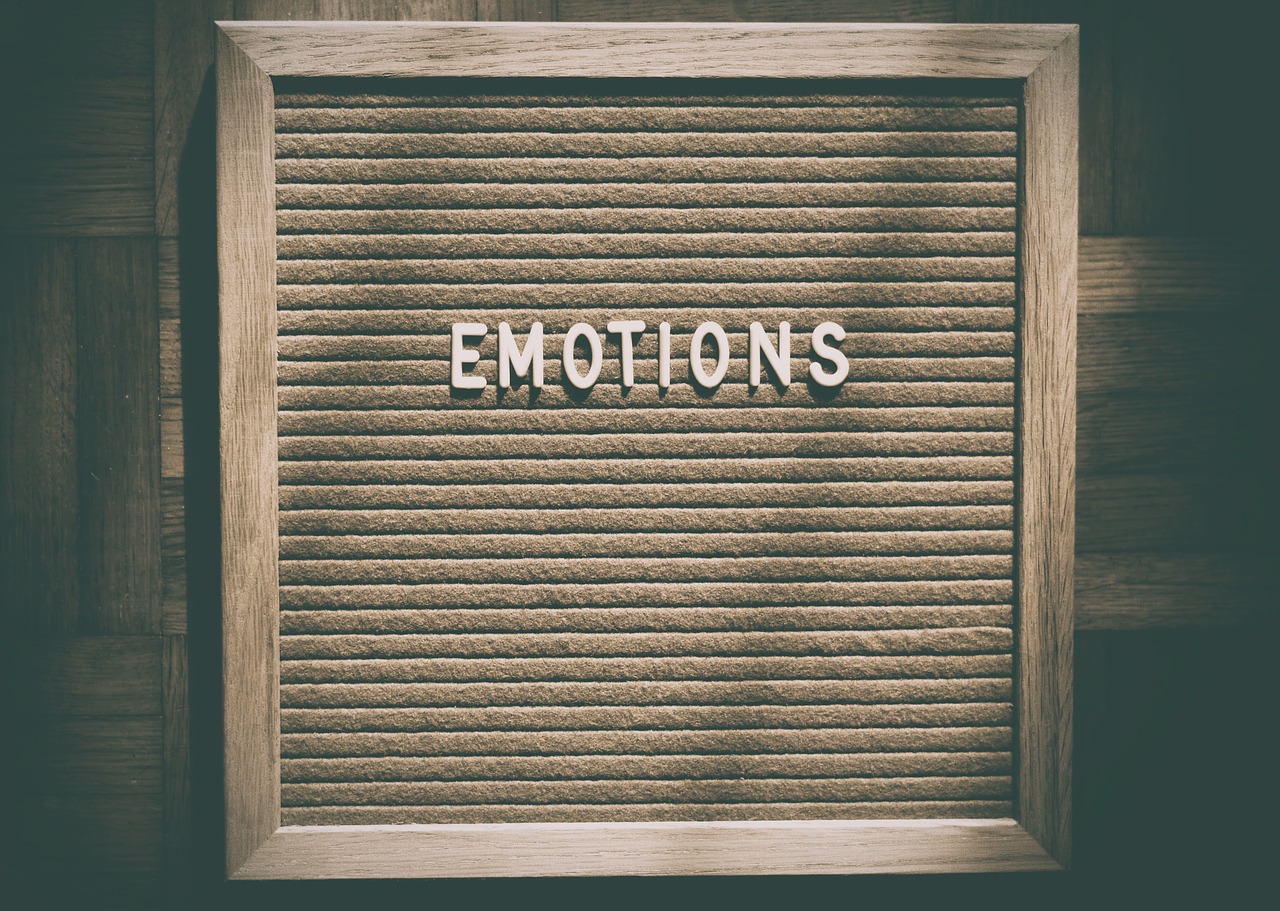In a recent study, Prof. Dr habil. Carina G. Giesen, Dean of the Faculty of Health and Head of the Department of Psychology, and a research team investigated how people unconsciously acquire and process emotional judgements. Using a computerised task to learn emotional connections, the researchers were able to show that our brain creates complex connections between neutral stimuli and emotional evaluations – often without us being aware of it.
Erfurt/Germany, January 24, 2025 ‘Our results show that the learning of emotional evaluations is often accompanied by conscious considerations, even if this is not clear to us at first glance,’ explains Prof Giesen. ‘This opens up new opportunities to specifically influence behaviour and preferences – in education, therapy and beyond.’
In the experiment, the participants evaluated target words (e.g. ‘friendly’ or ‘unpleasant’), each of which was introduced by meaningless fantasy words. These fantasy words signalled positive or negative evaluations of the target words. The aim was to investigate two effects:
1. contingency learning: Participants learn faster if a fantasy word is reliably coupled with a positive or negative evaluation.
2. evaluative conditioning: fantasy words that are more frequently associated with positive evaluations are later evaluated as more positive themselves.
The study, in which 129 people took part, showed that both effects occur – regardless of whether the participants were consciously informed about the associations or only perceived them unconsciously. Interestingly, automatically triggered, unconscious memory processes played a central role:
in the group that was not informed about the connections, the effects were fully explained by automatic memory processes. In the group that was aware of the connections, an additional learning effect remained, which can be attributed to conscious reasoning.
The study provides new evidence that emotional judgements are influenced by both unconscious repetition and conscious learning processes. This knowledge could, for example, help us to better understand how advertising, political communication or social media shape our opinions and preferences.
Translated with DeepL_com
Original publication:
Cognition & Emotion. Doi:
(https://doi.org/10.1080/02699931.2025.2456608)
Further Information:
http://Quelle: Giesen, C.G., Duderstadt, H., Richter, J., & Rothermund, K. (in press). Dissociating the roles of episodic response retrieval and contingency awareness in valence contingency learning
ImageSource
Alexa Pixabay


